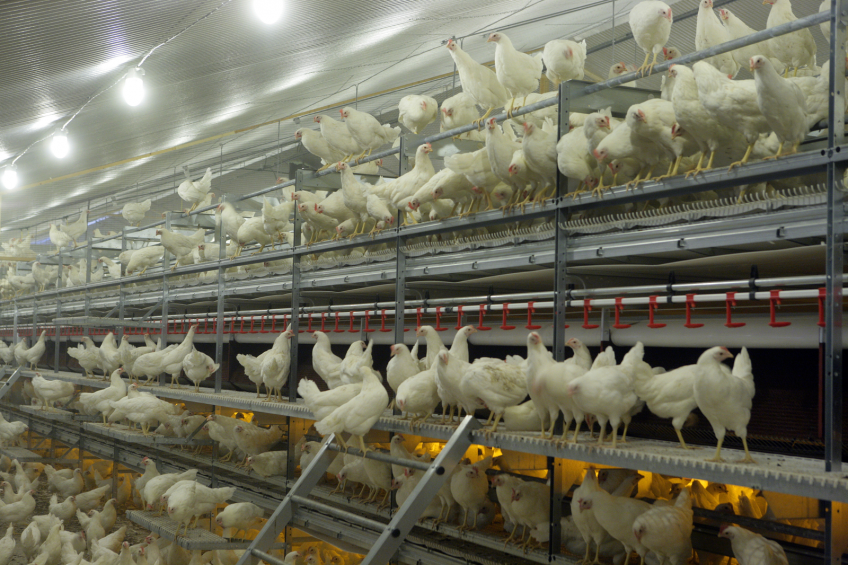EC authorises Clostat for use in laying hens and breeders

In the latest meeting of the Standing Committee Animal Nutrition, the European Commission has voted positive on the authorisation of the use of Bacillus subtilis ATCCPTA-6737 PB6, known as Clostat, in laying hens and breeders.
The commission’s ruling completes the approval process for usage in all poultry species (layers, breeders, broilers, turkeys, and minor species) and in piglets. The European Commission recognises that “Clostat accentuates growth and is safe for the birds, human health and the environment.”
Multiple field trials on millions of birds
“We are pleased by the European Commission’s positive decision,” said John Springate, president of the animal nutrition and health division of Kemin in Europe. “This vote supports multiple field trials on millions of birds. The decision will make it possible for Clostat to help more veterinarians, farmers and nutritionists with an effective and cost-effective way to maintain gut health, improve outcomes and profitability.”
Full genetic potential for growth and yield
Intestinal integrity and microbial balance in commercial poultry and livestock are important factors that can determine the capacity of the animal to reach its full genetic potential for growth and yield due to the full utilisation of the nutrients in their diets. In laying hens and breeders, just as in broilers, turkeys and piglets, pathogenic Clostridium spp, can cause diarrhea, poor nutrient assimilation, wet litter, dirty eggs and leg problems resulting in flock impairment with low zootechnical parameters. “Over the years, several field trials involving millions of birds have proven Clostat is a natural solution to suppress C. perfringens and promotes beneficial bacteria such as Lactobacillus spp. and Bifidobacterium spp. The product contains a natural spore forming bacteria offering interesting advantages for long term storage without refrigeration or need for encapsulation; it is heat stable in the feed pelleting processes. Clostat is compatible with most of the standard coccidiostats used in EU, as well as organic acids used in water application,” states Kemin.
Balanced gastro intestinal tract
“Testimonials from producers and veterinarians across the world indicate that Clostat works effectively in the maintenance of a balanced gastro intestinal tract, reducing intestinal Clostridial disorders while supporting the responsible use of antibiotics minimising resistance pressure in the environment. In view of current animal production challenges, Clostat supports intestinal health, improves welfare farm status as well as reducing mortality rates and medication costs through its continuous use. It is a true natural preventive solution to be considered by the egg and breeder industry,” says Kemin.













